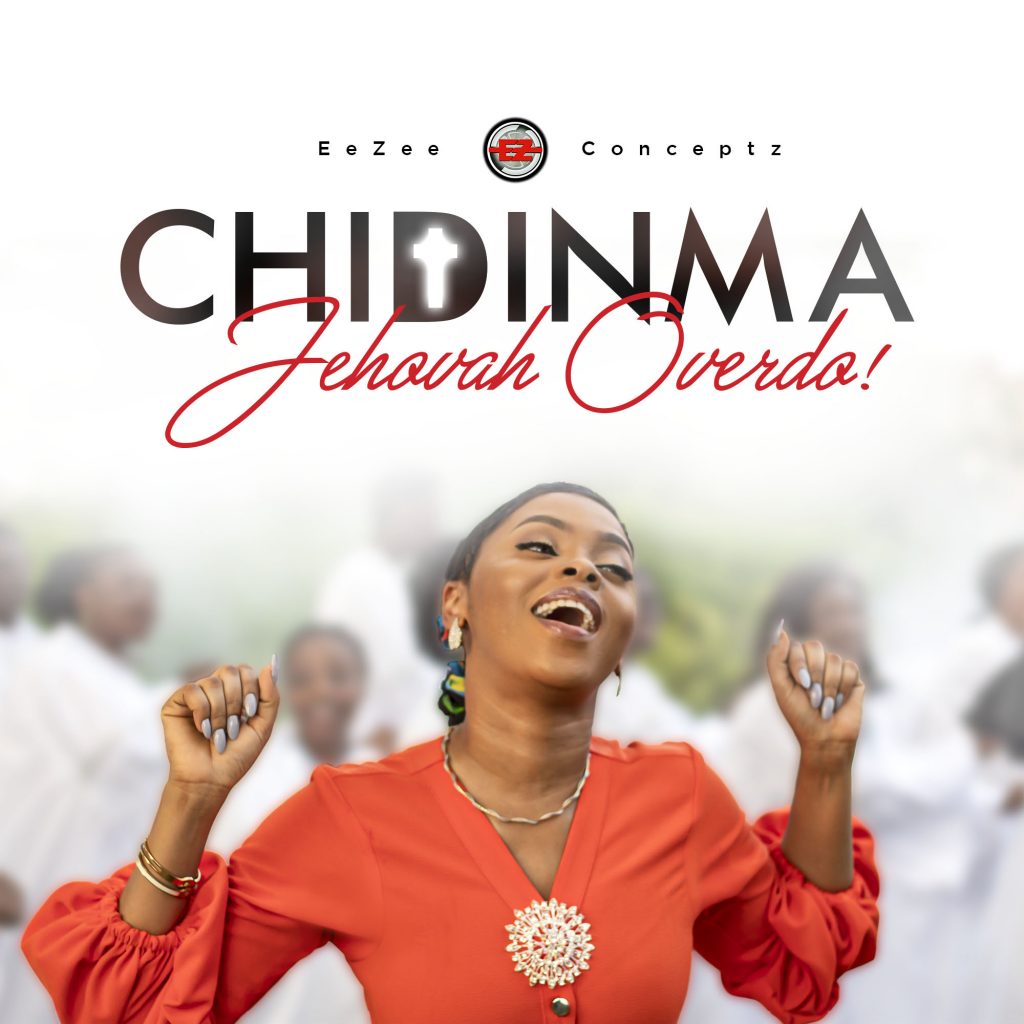Today 1st October 2010, Nigeria celebrates its Golden Jubilee as an independent nation following the concession of the administration of the nation to Nigerians by the British colonial government in 1960. At fifty, there is the need to take stock and see if there is anything to party about.
The immediate challenges before an independent Nigeria in 1960 was how to sustain the economic growth, foster unity and sustain our leadership role in Africa. These issues thus serve as benchmarks for appraising the progress or otherwise of the Nigerian nation.
On the morning of our fiftieth anniversary, I listened to a BBC journalists asking Gen. Yakubu Gowon, former military leader, to list what he feels are the successes of the nation after fifty years of independence. The general was more emphatic on the unity of the nation. According to him, the ability of the leaders to ensure the continued unity of a country with a complex ethnic and religious diversity should be seen as the greatest success recorded and for which Nigerians should have something to cheer about. He talked about the civil war his administration fought to keep the nation as one between 1967 and 1970 as one demonstration of the ability of the government live up to expectation. Yes, it is true. The war succeeded in keeping the nation as one. The point of concern however, is that while the people were united, they did so with grudges. It is not that the Ibos or Biafrans never wanted to be part of Nigeria. They wanted it under circumstances that ensured their happiness. The leaders never gave Nigerians generally, this desire up till this point when we are celebrating fifty years of nationhood.
Music despite its amazing influence on people is often taken for granted. Without any iota of contradiction, the music era of the Tufaces, D’banjs, Ashas and the rest has played a remarkable role in uniting the nation. The industry has given Nigerians reasons to be proud of their nation. This young men and women have exported the beautiful Nigerian spirit to all nooks and crannies of the world through their act. Suddenly, Nigerians realized that their country has something that is appealing to the rest of the world after all. The realization is that there is something in this nation after all and many from north, south, east and west are opting to be part of the nation.” People should want to be part of a nation by will and not by coercion. Music has given people reasons to be part of the nation by will.
While I listened to BBC Africa Have Your Say on the BBC on the eve of Nigeria’s Golden Jubilee, listeners from different parts of the continent where asks to say how the Nigerian culture has influenced them. Nearly all of the youths from the Uganda, Tanzania, Kenya and Ghana listed Nigerian music of the era of Dbanj, Tuface and P-Square and the humour in the parlance of Nigerian cultural English (Pidgin English) as the greatest things that have made Nigeria the apple of their eyes. I noticed that these persons never wanted to mention the negative parts our nation. When somebody loves you, you notice that he doesn’t want to talk about your weaknesses.
Along this line, the music has also become the greatest weapon of rebranding for the Nigerian nation. We must effectively rebrand to preserve our integrity and remain the leader of Africa. The artists are doing it at no cost to the federal government that has committed billions of naira to rebranding the image of the nation since the time of Gen. Sani Abacha.
Critics have often complained that the current music industry in Nigeria has forgotten the Nigerian culture as compared to the era of Haruna Ishola, Fela, Sunny Ade and the rest of them. These old generations of musicians are most cherished by people around the world who are more interested in the study of the cultural diversity of the world. While they are there doing their cultural studies, we are here experiencing the pains of suffering as caused by poverty. The contemporary music industry, besides working on the Nigerian image abroad, is also generating money to the artists, their families and communities and healing the economic wounds of the nation. That is what matters for now. But I believe that the music is merely a reflection of contemporary Nigerian culture which is gradually succumbing to the West as is the case anywhere else.
At the age of fifty, this is the contribution the new era of the Nigerian music industry has made. Only a few politicians have done this much. The industry has achieved this against all odds such as piracy and the non-challance of the authorities to the ills of the industry despite this obvious capacity to make a remarkable contribution. In view of this, the government should work towards ending piracy and other challenges of the Nigerian music industry that has demonstrated what it can do for the nation. According to the Holy Bible, “the greatest thing about the youths is their strength.” The leaders must know this.







